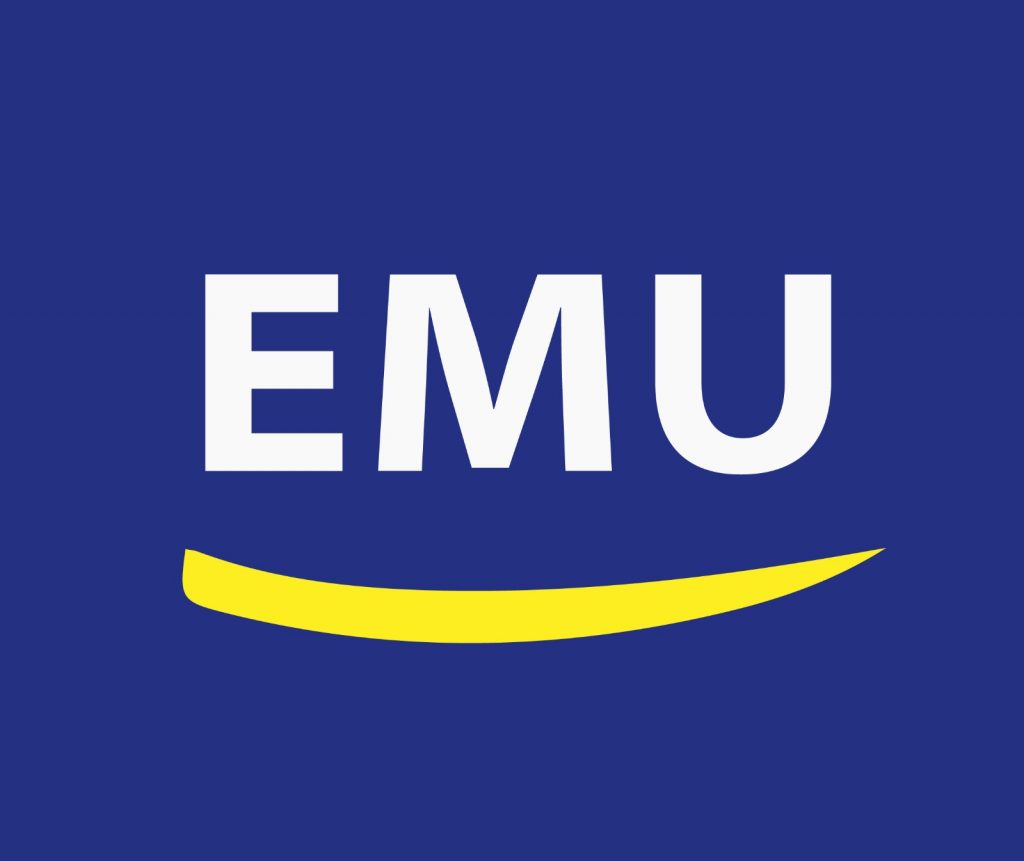The so called “Islamic State”: the Prophet Muhammad and the Islamic scholars are both convincing proof against them.
Strasbourg (EMU) – After the quite sudden advent of the criminal movement called “Islamic State” or “Daesh” and its most negative impact in the Near East as well as in some European countries, Muslim scholars all over the world have made clear the incompatibility of ISIS with Islamic teachings.
Even though this has already happened many times throughout history all over the world, there still exists a serious misunderstanding in equating ISIS/Daesh with Islam. When dealing in particular with Muslim youths in Western Europe, a clear refutation and explanation is highly important in order to prevent these young people from joining this movement.
Also important to understand is the relation of ISIS/Daesh with the historical Khawaarij. To further knowledge about both phenomena, EMU member IZ Media GmbH organised, in cooperation with the Masjid Hamza in the West-German town of Mülheim, an instructive discourse by one of Britain’s leading Muslim scholars.
Shaykh Ali Laraki’s refutation of ISIS/Daesh was based on his analogy with the historical Khawareej. In his three-fold discourse, the Shaykh firstly presented the authoritative texts which were reported from the Prophet Muhammad (saws). Clear descriptions of the coming of the Khawaarij, their characteristics and corresponding advice to the Muslim leadership on how to deal with them are to be found in several Sahih-Ahadith. The scholar explained that the Messenger of Allah foresaw the birth of this radical group and how it will behave in the future with the Muslims and the rest of creation.
In the second section of his discourse, Shaykh Ali Laraki presented the different historical manifestations of the Khawaarij as well as describing their first appearance in the early days of Islam. They became a most vicious group which attacked everybody who did not adopt their sectarian views and split themselves up into many sub-sects with internecine fighting. Historically, the best way of combating them was to use their internal strife in order to divide and conquer them. Shaykh Ali Laraki did not describe them in terms of “the end of times“ but rather as a cyclical problem which always rears its head in times of general distress and upheaval.
Thirdly, in terms of the legal judgement in their respect, the majority of the great scholars of the Muslim community still considered them as being Muslims, albeit radical sectarians. However, according to some opinions, explained the British scholar, those Khawaarij are to be considered as non-Muslims – naming in particular Imam al-Bukhari or Imam al-Qurtubi. No matter what the opinion might be in this respect, according to the Shaykh, this does not preclude the necessity for an accepted Muslim authority to combat their evil activities and to counter their destructive ideology. It is legitimate to fight them militarily.
In the final chapter of his talk, the British scholar drew a conclusion from his previous delineation for the present, especially for the European Muslims. His focus was on the necessity of a constructive and positive relationship between the respective Muslim communities in Western Europe and their political leadership. Furthermore he noted,an unbalanced and irresponsible usage of “free speech” – including slanderous remarks – would contribute to the radicalization of Muslim youth.
Finally, Shaykh Ali Laraki suggested there be a consultative relationship on behalf of the European governments with the Kingdom of Morocco where there is a proven tradition of dealing with radical elements like the neo-Khawaarij of our days

